ORGANIC VALUE CHAIN DEVELOPMENT (OVCD) PROJECT
Boosting Tanzania’s Organic Sector Through Value Chain Development
The Organic Value Chain Development (OVCD) project tackles hurdles in certification and market entry for SMEs and farmers, addressing a lack of standardization and collaboration among organic stakeholders in Tanzania. Despite the health and environmental benefits, the organic market is nascent. The project's goals include boosting the volume and market value of organic products, empowering farmers, and facilitating business expansion, directly benefiting 3174 individuals. By enhancing distribution efficiency and fostering collaboration, the project aims to broaden the reach of organic products, promoting fair competition and accelerating sector growth. Led by SAT with partners, the initiative aligns with Biovision's goal of achieving a healthy, sustainable food system within Tanzania and the region by promoting the East Africa Organic Product Standard (EAOPS).
Why Tanzania Needs a Stronger Organic Agriculture System
Tanzania's robust agricultural sector, contributing 26.1% to the GDP, has been a consistent regional and international food exporter. While emphasizing food safety, the country aligns with global initiatives promoting agroecological practices and sustainable resource use. Traditional farming, rooted in ecological principles, poses challenges due to a lack of certification procedures, threatening natural resources. The Ministry of Agriculture acknowledges efforts to promote sustainable practices, including organic farming. The demand for organic products has surged, creating opportunities but also challenges in supply and demand linkages. Bridging the gap between rural producers and urban markets is crucial for the sector's sustainable growth.
The OVCD Project: Building Tanzania’s Organic Value Chain
Organic agriculture in Tanzania encounters limited awareness and demand for organic products. To promote the growth of the organic sector in Tanzania, the Organic Value Chain Development (OVCD) project was conceived to tackle challenges such as difficulties in certification, market penetration for SMEs and farmers, and a lack of standardization and collaboration networks.
Empowering Tanzanian Farmers and Consumers Through Organic Value Chains
A thriving organic sector enabling a significant number of Tanzanian farmers to contribute to and benefit from organic value chains and informed customers who make healthier choices
Sustainable and Scalable Organic Value Chain Development in Tanzania
The OVCD project prioritizes sustainability, replication, and scaling. Ensuring lasting impact, it empowers networks of SMEs and Organic Shops for continued standardization and growth. Training and knowledge-sharing initiatives cover farmers and SMEs, fostering a ripple effect and providing openly available manuals. Incubator spaces, including SAT, and I am Organic, will persist, offering support and training. Collaboration with local authorities, such as Tanzania Bureau of Standards, Small Industry Development Organization (SIDO) and TOAM, ensures compliance and credibility. The participatory approach incorporates feedback, workshops, and continuous evaluation for ongoing improvements.
Expanding Organic Markets and Farmer Incomes in Tanzania
Our objectives for this pioneering phase two project include:
- Increasing the volume of organic products in the market, boosting income for SMEs and farmers through initiatives such as supporting 1000 farmers and 30 SMEs in obtaining organic certification, enhancing the capacity of 30 SMEs and 20 farmers' groups for market penetration, and conducting annual surveys to track a 20% increase in the volume of organic products sold.
- Increasing demand for organic products from Tanzanian farmers and SMEs through three outputs, including establishing at least 4 new organic shops in Dar Es Salaam and Dodoma, developing unified retail practices through training and networking among existing organic shops, and launching a marketing campaign to raise awareness about Tanzanian organic products and their benefits.
- Strengthening networks of SMEs and organic shops to improve market access and competitiveness for Tanzanian organic products, with key activities including training 50 SMEs on value chain development, branding, and packaging, as well as establishing and reinforcing networks through organized events for collaboration and joint marketing initiatives.
Building Foundations for Tanzania’s Organic Market Growth
In its 2022-2023 phase, the project supported 18 SMEs and 420 farmers, focusing on organic product diversification, certification, and market entry. Ongoing efforts aim to boost sales, demand, and networks.
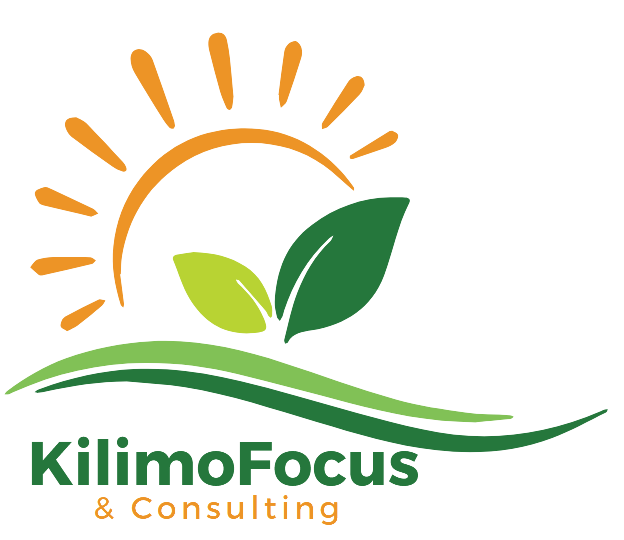
Business Name: KilimoFocus and Consulting
Founder / Owner Name: Rebeca Andrew
Location: Dar es Salaam
Products/Services: The enterprise sources, packs, brands, and supplies food products to supermarkets and retail stores and provides consultancy services for agricultural projects
Instagram: @kilimofocustz

Business Name: Healthy Dried Food Tanzania
Founder / Owner Name: Oliver Kavishe
Location: Bagamoyo, Pwani
Products/Services: Snacks and food items such as dried fruits and vegetable powders
Instagram: @dried_foodtz

Business Name: Mamahealth Enterprises
Founder / Owner Name: Aslatu Nguku
Location: Dodoma
Products/Services: Preserving fruits and vegetables into healthy snacks and flours
Instagram: @mamahealthtz

Business Name: LPHQ Enterprise
Founder / Owner Name: Angelina Sylvester Hillu
Location: Iringa
Products/Services: Tomato wine
Instagram: @elitewinetanzania
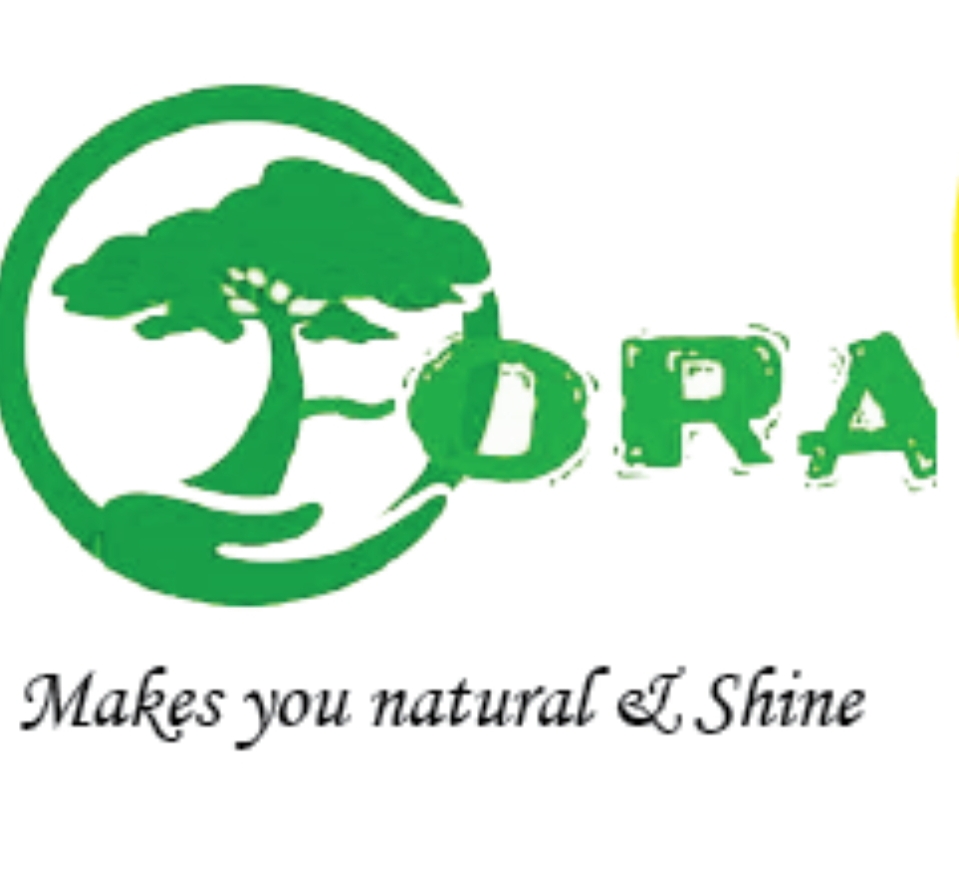
Business Name: Golden Key Organic Processor
Founder / Owner Name: Farida Salehe Nassoro
Location: Dar es Salaam
Products/Services: Health and beauty products made from pure natural plants
Instagram Account: @fora_products

Business Name: Mamabora Food Products
Founder / Owner Name: Rose Mjuni
Location: Arusha
Products/Services: Nut butter with chocolate
Instagram Account: @mamaboranuts
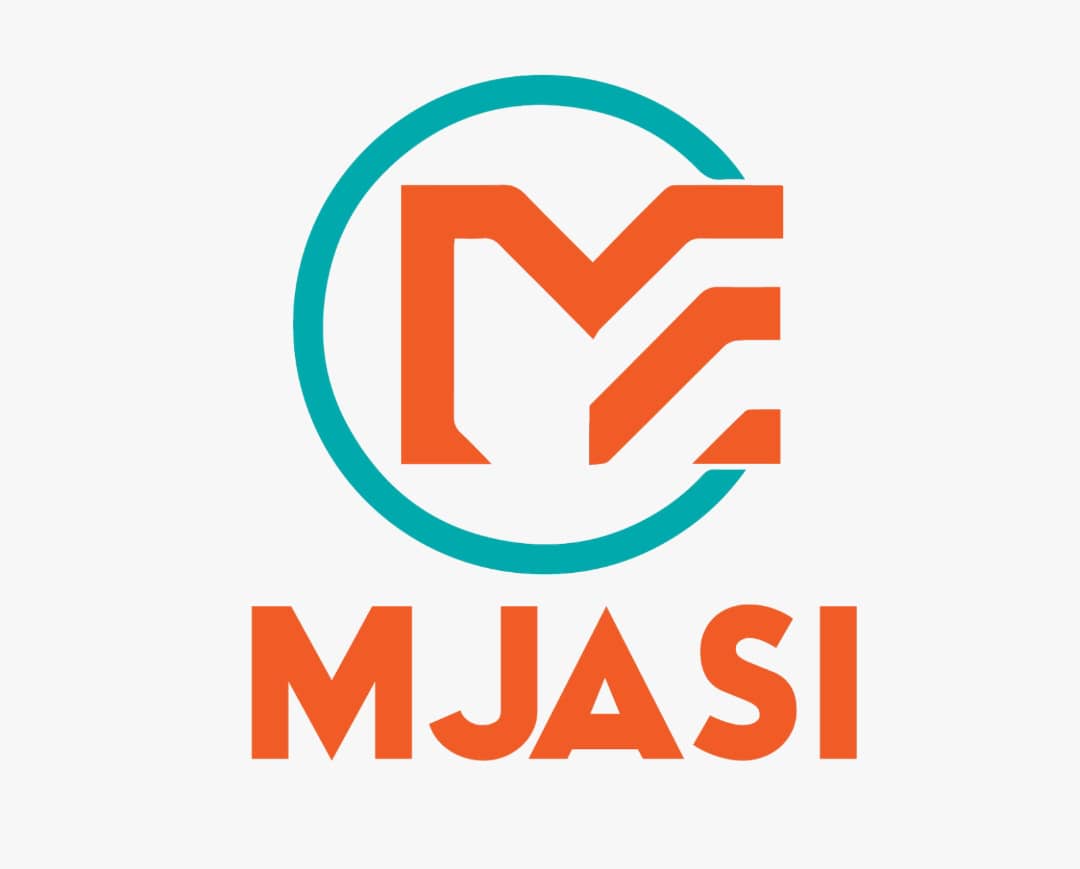
Business Name: Mjasi Enterprises
Founder / Owner Name: Eva John
Location: Dar es Salaam
Products/Services: Ground, beetroot, carrot, coconut, potatoes
Instagram Account: @mjasienterprises_tz
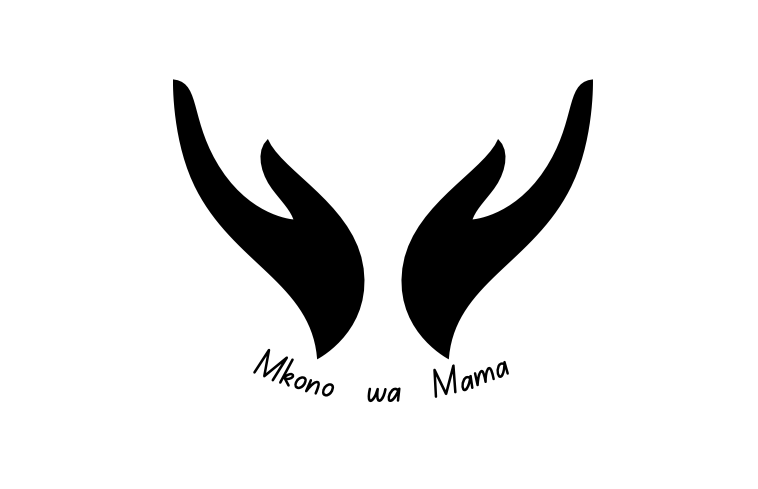
Business Name: Mkono wa Mama
Founder / Owner Name: Ketteneema Lukindo
Location: Dar es Salaam
Products/Services: Fruits Candy and Pastes
Instagram Account: @mkonowamama
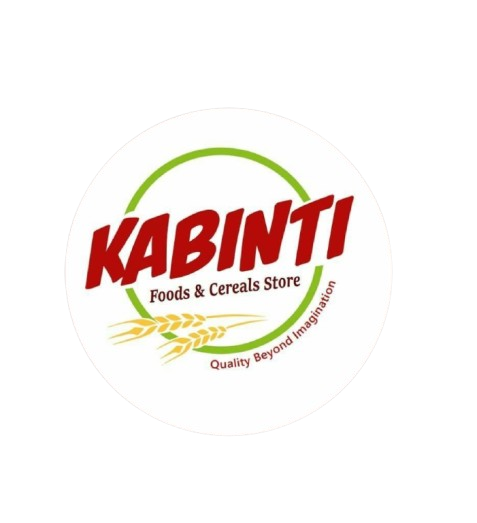
Business Name: Kabinti Products
Founder / Owner Name: Sarah Benard
Location: Ilboru, Arusha
Products/Services: Porridge Flour and Pumpkin Seeds Flour
Instagram Account: @kabinti_products
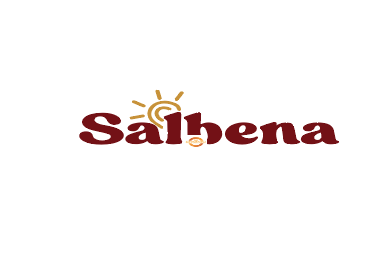
Business Name: Salbena Investment Company Limited
Founder / Owner Name: Simon Majeni
Location: Dar es Salaam
Products/Services: Organic honey
Instagram Account: @Salbenahoney
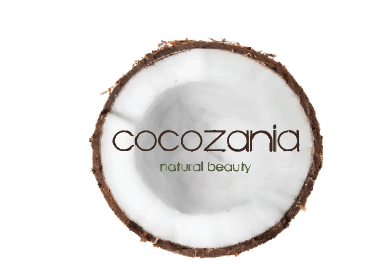
Business Name: Cocozania Group
Founder / Owner Name: Masome Daniel Kulwa
Location: Dar es Salaam
Products/Services: Virgin coconut oil, blended coconut oil, coconut biscuits, coconut powder
Instagram Account: @Cocozania_Official

Business Name: Nita Food Products
Founder / Owner Name: Lilian Mmbando
Location: Arusha
Products/Services: Nutritious seeds
Instagram Account: @nitafoodproducts

Business Name: Rejuvenation Food Africa limited
Founder / Owner Name: Anne Outwater
Location: Dar es Salaam
Products/Services: Ice cream from wild fruits and honey
Instagram Account: @zaidiicecream
The OVCD Project is kindly supported by Biovision Foundation Switzerland.








